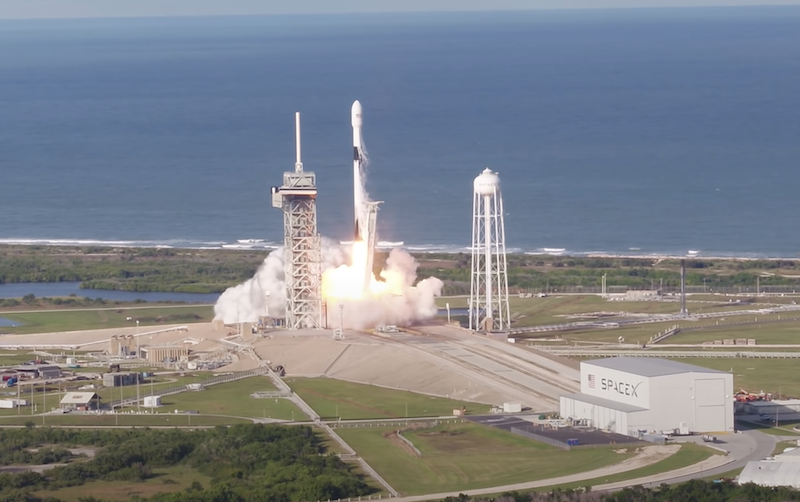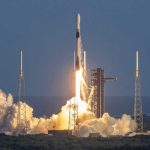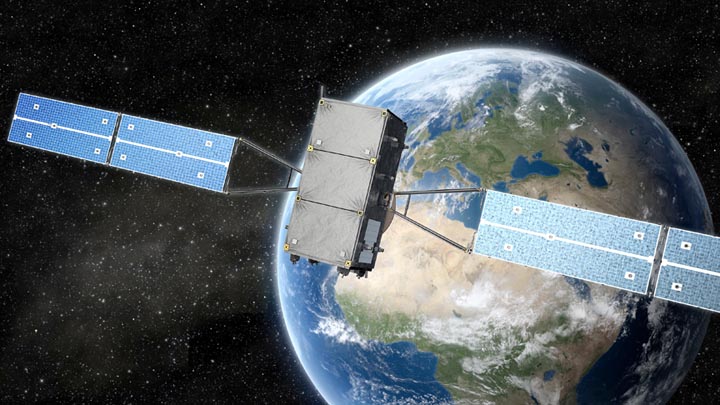SpaceX recently signed an agreement with the European Space Agency (ESA) to launch four Galileo satellites on its Falcon 9 rocket next year.
Through the deal, SpaceX will send two rockets into orbit with each one carrying two Galileo satellites, ESA Director of Navigation Javier Benedicto said, according to an article in The Wall Street Journal. The European Commission (EC) and European Union (EU) member states are expected to grant final approval for the deal by the end of the year.
The ESA had to look to alternatives to launch its Galileo satellites after continued delays with European options. Earlier this year, Politico reported that the EC was looking to work with American space companies, including Elon Musk’s SpaceX, to complete satellite launches as delays to local rocket systems continue.
The Ariane 6, for example, was supposed to make its debut in 2023, but after delays to the short hotfire of the Vulcain 2.1 engine and a long-duration static-fire test was pushed back from October to late November, that first launch is now slated for 2024.
Another local option, the Vega-C, has been delayed until late 2024, according to the ESA. The rocket experienced a failure during its launch last December, after its Zefiro40 second stage engine ignited. In June, a static firing test of the modified Zefiro40 engine caused significant damage to the motor. Recommendations to address the issue include improving the nozzle design of the Zefiro40 motor, calibrating numerical models to predict behavior and conducting two more firing tests to verify performance.
Soyuz, Russia’s rocket, was once an option, but the ongoing war in Ukraine changed that.
So, Galileo satellites will be launched from U.S. territory next year, which is a first. All others have been launched from Europe’s Spaceport in French Guiana, via Soyuz rockets and the Ariane 5, the Ariane 6’s predecessor that was recently retired. The launches will also mark the first time SpaceX has sent EU satellites containing classified equipment into space. The satellites can produce encrypted navigation communications for European military uses.
There are other European options in the works, however, with startups looking to provide solutions to the ongoing launch issues, according to an article on the Payload website. For instance, Spanish launch startup PLD Space recently flew its Miura-1 suborbital rocket. Skyrora, Orbex, Rocket Factory Augsburg, HyImpulse and Isar are among other startups that could help fill the need moving forward.
For now, though, the plan is to work with SpaceX to get more Galileo satellites into orbit, with two launches on the books for 2024.






